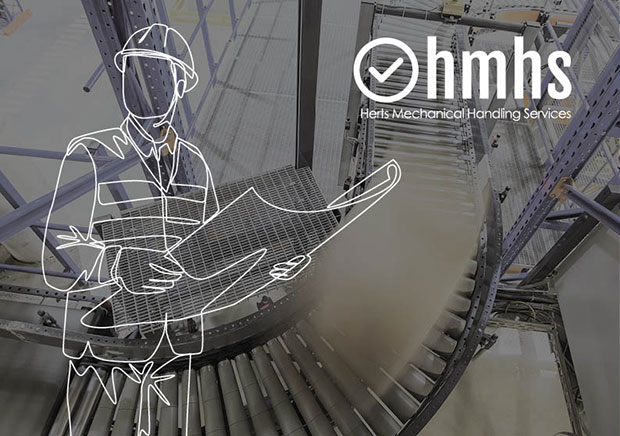As an increasing number of organisations are gradually extending their warehouse operating hours and putting more demand on machinery, it means the importance of Planned Preventative Maintenance (PPM) cannot be overlooked if they want to maintain a competitive edge.
 As the responsibility for warehouse operational performance often falls to Integrators or Intralogistics companies, what is the best approach for Integrators when handling maintenance, and why is it important?
As the responsibility for warehouse operational performance often falls to Integrators or Intralogistics companies, what is the best approach for Integrators when handling maintenance, and why is it important?
Why PPM matters
Warehouse and materials handling equipment needs to keep operating so that Integrators can deliver their SLA’s and performance targets. The added demand caused by extended hours and additional shifts can result in more breakdowns and the risk of downtime.
By proactively scheduling maintenance tasks while assets are still functioning, you can ward off unexpected failures and maximise uptime. The beauty of preventative maintenance is that by tracking usage rates over time, you can predict maintenance needs before they become major problems causing breakdowns, lost revenue and customer dissatisfaction. With a well-executed preventative maintenance plan in place, machinery operates at optimal level, you can meet SLAs, and safeguard your reputation.
Ignoring extra usage / running times and neglecting important service maintenance not only causes more frequent and costly breakdowns, it can also lead to new replacement equipment being required earlier than expected, resulting in additional capital expenditure for your client.
Challenges of PPM for Integrators
The challenge for Integrators undertaking PPM extends beyond surface-level issues. When it comes to maintaining warehouse machinery, most will subcontract this work, potentially encountering issues with subcontractors lacking familiarity with the machinery, or tools required to complete the job efficiently. This can result in delays and even deter some subcontractors from taking on this type of work, making it harder for Integrators to find available suppliers at short notice.
The best PPM strategy
Effective PPM requires hiring engineers with expertise and a deep understanding of the workings of the installed systems.
In many cases, Integrators find it beneficial to stick with the same company that performed the installation for ongoing maintenance needs. This continuity allows for an easier transition from installation to maintenance, as the team already possesses knowledge of the equipment and the ongoing service and maintenance requirements.
Simon Howell, Managing Director at hmhs explains “By neglecting Planned Preventative Maintenance, Integrators not only risk facing potential disruptions but also expose themselves to significant financial losses. PPM serves as a proactive measure to safeguard operations and maintain profitability in the long run.”
Partnering with Herts Mechanical Handling Services (hmhs)
Herts Mechanical Handling Services understands that every warehouse is unique, with different operational demands and machinery usage patterns. That’s why we offer tailored PPM solutions designed to meet the specific needs of each client. Whether its scheduling maintenance based on machinery usage hours or at timed intervals. We work closely with Integrators to develop a PPM strategy that maximises efficiency and minimises disruptions.
When considering your next project, Herts Mechanical Handling Services emerges as a reliable partner with a proven track record of delivering both installation and ongoing maintenance services with excellence. With years of experience in the field, hmhs have a team of skilled engineers equipped with the knowledge and expertise to handle your next installation and ongoing maintenance requirements. We operate to the highest standards, our engineers are directly employed, thereby guaranteeing the quality of work knowing they are qualified to complete each job successfully.
We are next exhibiting at the upcoming Tomorrow’s Warehouse event. If you are attending the event, stop by our stand for a friendly chat





Comments are closed.